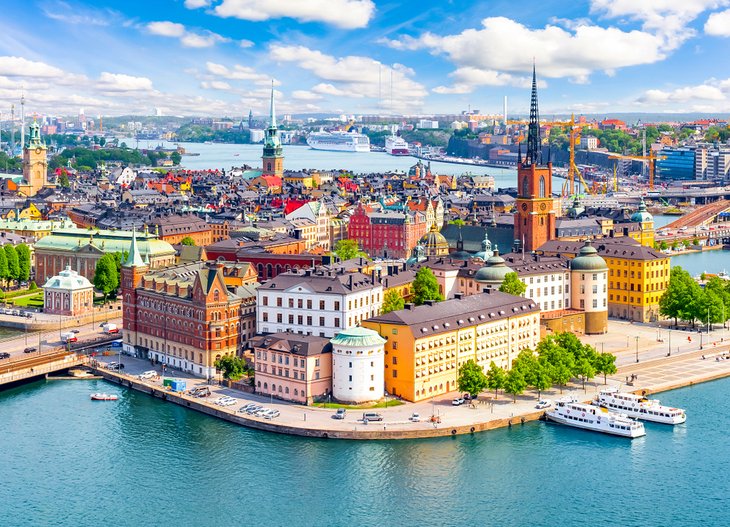A European startup is joining the race to become the first prominent provider of lab-grown fish. Bluu Biosciences has raised €7 million in a round of financing from investors including Manta Ray Ventures, Norrsken VC, Be8, CPT Capital, and Lever VC to compete with a host of startups like BluNalu, Wild Type, and Shiok Meats in a bid to market with a lab-grown fish replacement. The market for sustainable fish is vast and growing. Concerns over the effects of overfishing and industrial fish farming are mounting as demand for fish increases. It’s the same problem that other animal-based sources of protein face. The need for high-quality protein sources from the Earth’s several billion people cannot sustainably keep up with the available supply.
“There is a lot of talent in Europe and very few companies built in this space. If you compare it to the mammalian space, there are fewer companies,” said Simon Fabich, co-founder and managing director of Blue. That’s why several cellular meat companies are focusing on fish instead of other meats like beef, pork, or chicken. Berlin-based Bluu focuses on salmon, trout, and carp (the most popular fish in China). Other companies are tackling tuna, salmon, and shrimp, but Bluu sees carp as a desirable target, given its popularity in one of the world’s most populous companies. One advantage for Bluu, its founders argue, is co-founder Sebastian Rakers’s profound experience in the wild world of cultivated fish cells.

Bluu Biotechnologies co-founder Sebastian Rakers. Image Credit: Blue Biosciences. A marine and cell biologist who was working for several years at the Munich-based Fraunhofer Institute, one of Europe’s most renowned research institutes, Rakers led a task force that looked at the potential commercial viability of cell-based meat after researching the viability of using fish cells as a component for viral production for the pharmaceutical industry. Rakers cultivated 80 different cell cultures for more than 20 other fish species during his research. What’s more, he was able to make these cell lines immortal.
Before envisioning an endless, ever-producing mass of fish cells that could overwhelm the world, it might be worth explaining what immortal cell lines mean… Actually… the constant, ever-producing group of self-reproducing fish cells comes close. Most cell lines tend to die off after producing a certain number of times, which means that manufacturing meat at scale can require several biopsies of the same animal to cultivate multiple cell lines at a time. Rakers said Bluu could avoid that step, thanks to work already done to develop these “immortal” salmon, trout, and carp cell cultivars.
“It’s such a strong competitive advantage,” said Fabich. “If you have normal cells that are not immortalized, you can only increase 20 to 25 times, and then you need to start again from another biopsy. You can grow up to 100,000 times with immortalized cells, and we can double it every day.” With this technology in hand, Rakers said he was thinking about what could come next in his career and met up with Gary Lin, an impact investor and the founder of Purple Orange Ventures. Lin connected Rakers with Fabich, and the two men commercialized Rakers’ research as Bluu. And even though several companies have a head start in the market (and in funding), Rakers said there are certain advantages to coming in late.
“Five years ago, there was hardly any company looking into media development, hardly any companies focused on bioreactor technologies at a huge scale, and there was no company looking for scaffolding alternatives for cell-based meat,” he said. Now there are. The company is picking up speed quickly thanks to those other technology providers coming to market and will look to have a prototype product out by the end of 2022. The company is also pushing for regulation, which Fabich and Rakers said was one of the last remaining obstacles to commercialization. Ultimately, the company has its eye firmly on the Asian market. “That’s the one that moves the needle,” in terms of sustainability, Fabich said. “We can have the biggest impact if we change production behavior there.”
